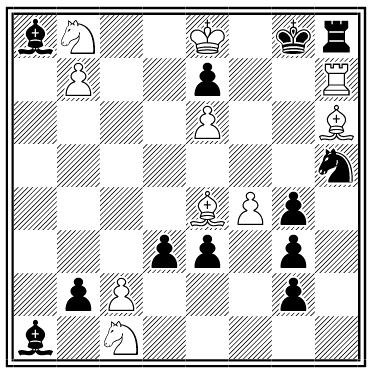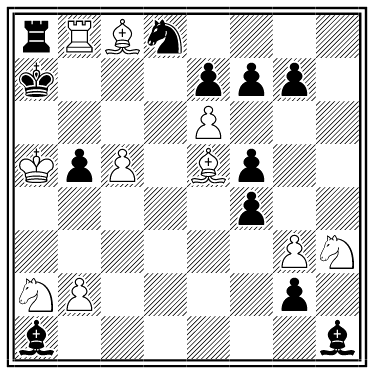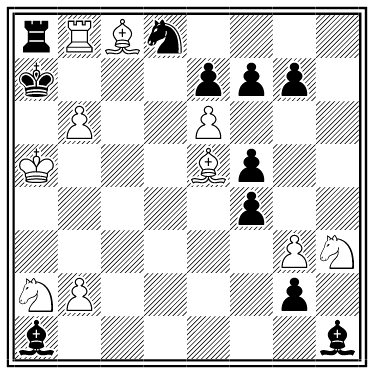
Harry Whittier Frees did a booming business in novelty postcards in the early 20th century, posing animals in human situations, including props and sets.
“I take occasion to give my personal assurance that all pictures appearing in this book are photographed from life,” he wrote in 1915’s The Little Folks of Animal Land. “The difficulties encountered in posing kittens and puppies for pictures of this kind have been overcome only by the exercise of great patience and invariable kindness.”






